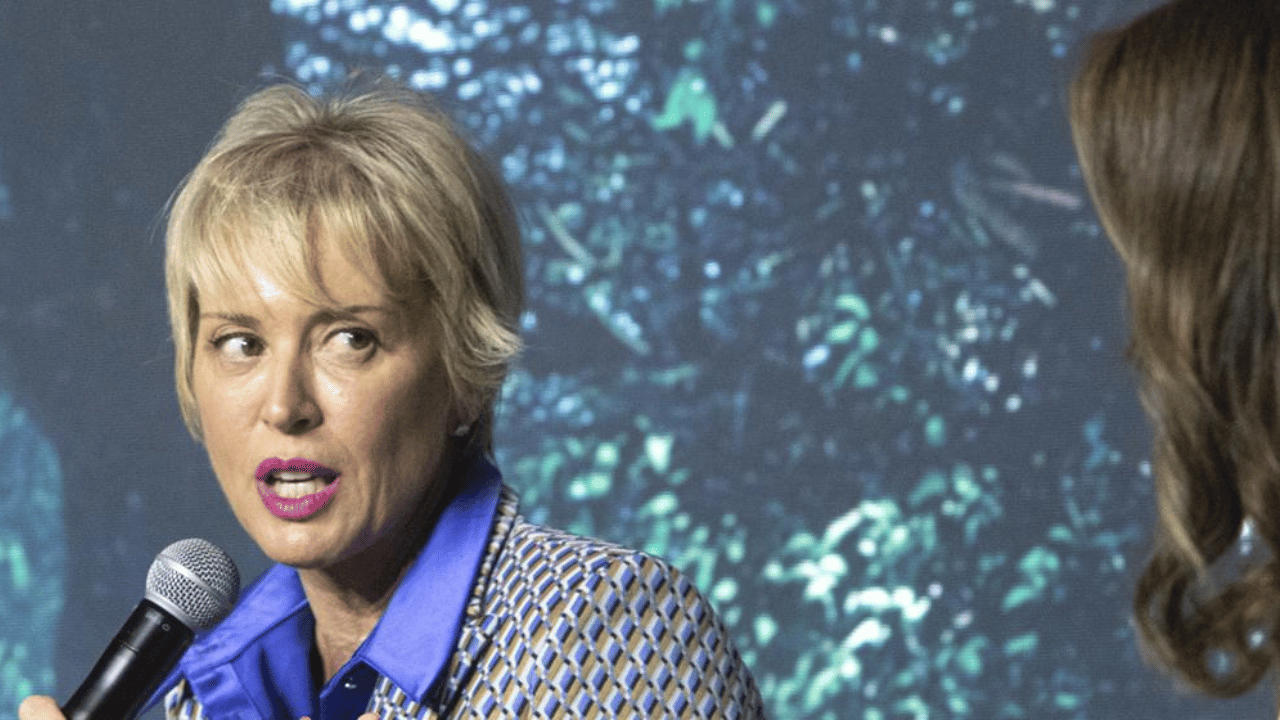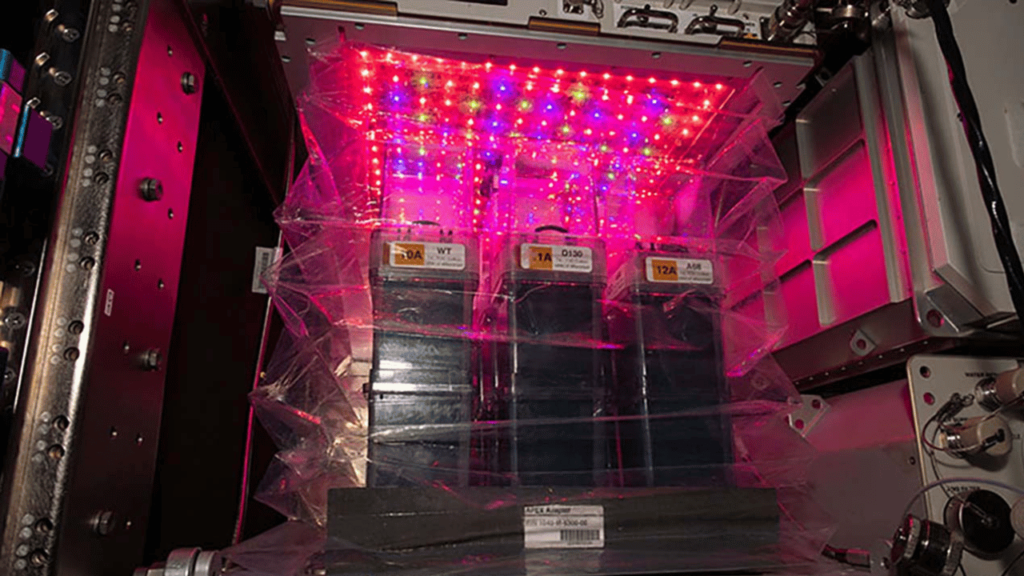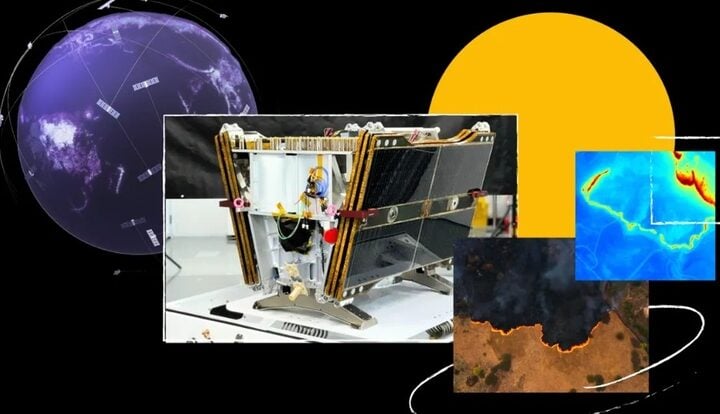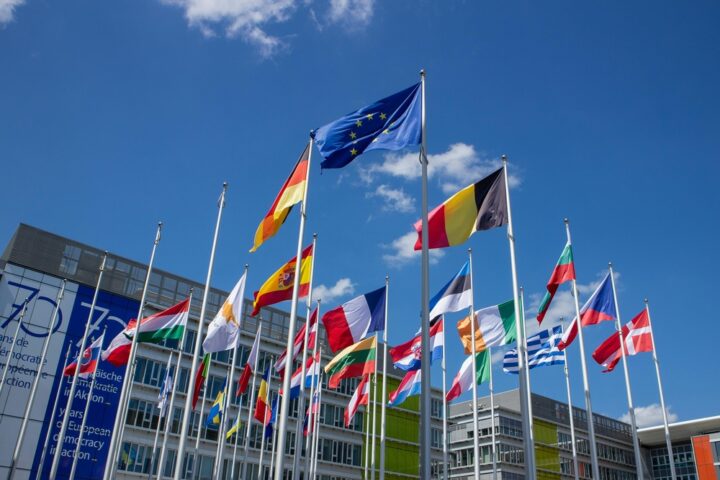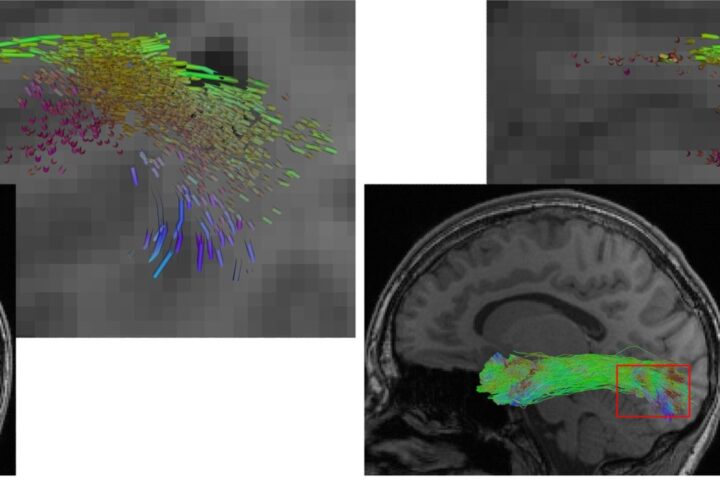The evolution of artificial intelligence (AI) is akin to a rollercoaster ride through the peaks of innovation and the troughs of ethical conundrums. The recent discussion with Carme Artigas, Co-Chair of the UN’s AI Advisory Body, sheds light on this trajectory, particularly focusing on the latest developments and their multifaceted impacts.
AI, once a concept relegated to the realms of science fiction, has burgeoned into a force to be reckoned with. Artigas highlights the journey from the early days of Alan Turing’s theoretical work to the practical applications we see today. Particularly striking is the emergence of GPT-4 in 2023, a generative AI that has redefined text generation. Its technical prowess lies in its ability to mimic a range of writing styles, offering practical solutions for tasks like report summarization and legal document preparation. However, this leap forward brings its own set of challenges, such as potential job losses and the proliferation of misinformation.
The intersection of AI with societal norms and democracy is a topic of intense debate. Artigas points out the dual nature of AI – its potential to both augment human capabilities and pose significant threats to job security and information reliability. She expresses concerns about the implications of AI in the realm of global elections, underscoring the need for regulatory frameworks to mitigate risks of misinformation and deep fakes.
The UN’s involvement, as per Artigas, is crucial in establishing a global governance model for AI. This involves balancing innovation with ethical considerations, a task made challenging due to the varied perspectives of stakeholders involved. Artigas emphasizes the need for international cooperation and standards, particularly in addressing the digital divide between the Global North and South.
Similar Posts
Personal anecdotes from Artigas, who has navigated roles in both the private sector and government, humanize the discussion on AI. Her experience underscores the importance of addressing the human impact of AI, especially in fields like healthcare, where AI can significantly improve disease diagnosis and treatment.
The discussion offers a comprehensive view of AI’s current landscape, including technical aspects like the energy consumption of large language models and their environmental implications. Artigas touches upon the ethical dimensions, like the need for transparency in AI-generated content and the protection of fundamental human rights in the digital space.
Looking forward, Artigas is optimistic about AI’s role in addressing global challenges like climate change and inequality. However, she also cautions against unchecked advancements, advocating for a balanced approach that prioritizes both innovation and ethical considerations.
